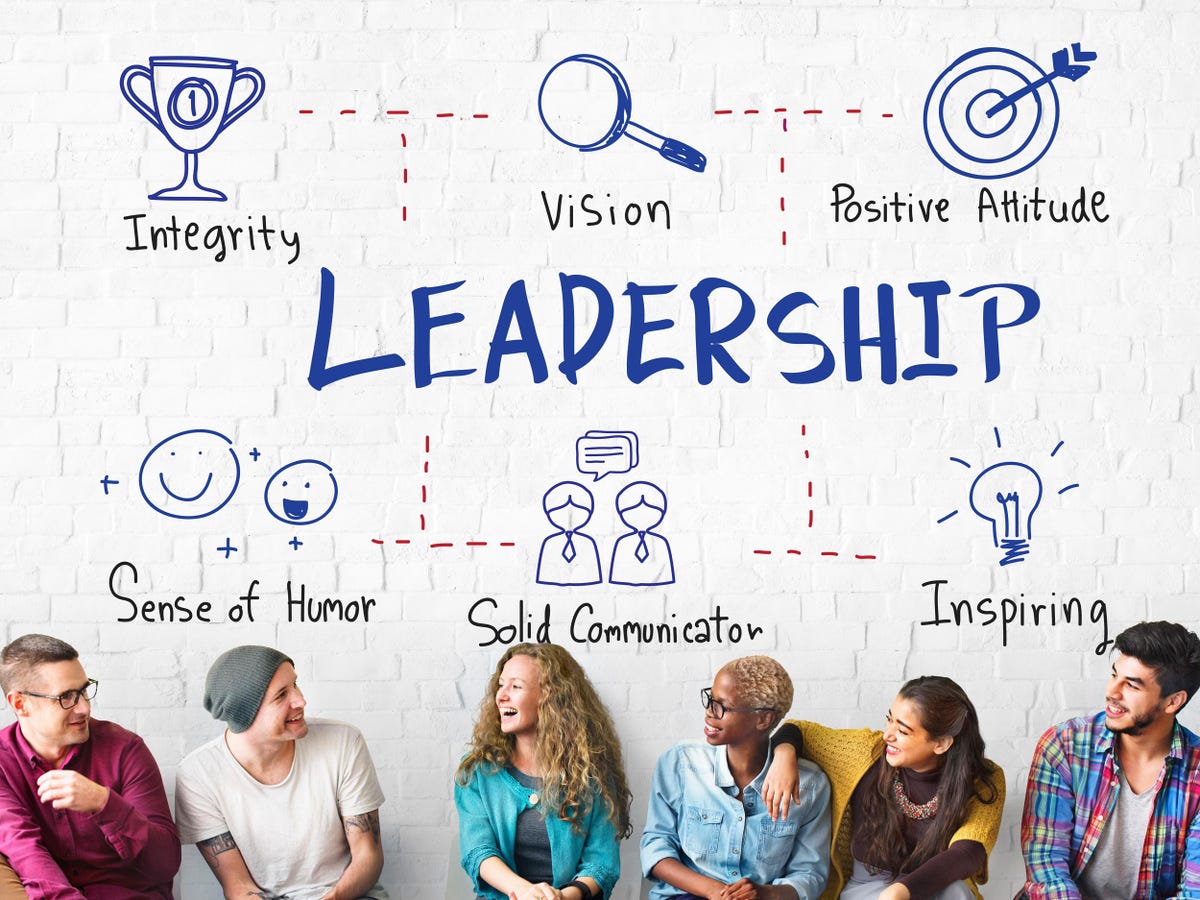A good leader is extremely hard to come by; someone who can accomplish a task well while also inspiring and motivating those who surround them is a catch to be cherished.
Quite a few people would rather follow when possible rather than assume leadership responsibilities. Others aspire to be leaders but are unwilling to invest the time necessary to practice and reflect on their own performance.
This implies that if you have a propensity for leadership and a drive to advance your career, you will be an invaluable asset to a company. This article looks at how you can develop useful leadership skills regardless of your goals.
Exercise Discipline
A disciplined leader is effective. In order to lead effectively and motivate others to follow suit, discipline in your professional and personal life is necessary. The level of discipline you exhibit at work will be used to evaluate your leadership skills.
You will exhibit discipline by consistently meeting deadlines, maintaining appointments, and concluding meetings on time. You may need help getting organized if you are inherently disorganized, but you can certainly start small.
Improve Your Ability to Follow
When necessary, a good leader has no trouble giving control to someone else. When someone criticizes your reasoning, disagrees with you, or puts up their ideas, you shouldn’t feel threatened. Think critically and award merit where it is deserved. Even though it won’t be superficial all the time, if you can teach the people on your team to respect and value you, they’ll be more willing to take on the responsibility when you need them.
Motivate Others
Being a leader, you are a team member, and your job is to inspire and motivate your team members to work together as effectively as they can. When a team member needs encouragement or mentorship, provide it. At times, all someone needs is a person to listen to them and show empathy.
Be a Critical Listener
You don’t have to be the focus of attention to be a leader. A vital quality of an effective leader is listening to others’ ideas, opinions, and feedback and developing on them. Good listeners are aware that communication involves more than just words and that non-verbal clues like body language and eye contact are also important.
Set Clear, Attainable Goals for Yourself
It is your duty as a leader to encourage everyone else’s development while upholding your own. Setting yourself measurable, reachable objectives and keeping track of your progress toward them is one technique to monitor your personal development in addition to receiving and acting upon criticism. It will be simple to track if your group is aggressive in some form, whether in kickboxing or chess.
Create Situational Awareness
Someone who understands the broader picture and foresees issues before they arise is an excellent leader. Having this skill is crucial while handling difficult jobs with tight timelines. A leader can gain a lot from foreseeing problems and providing answers.
This skill also aids in your ability to see chances that others miss, which will undoubtedly gain you respect. Leading remote teams might make it particularly challenging to acquire this skill, but you can learn to understand your projects and teams better with work.
Continue Learning
Being willing to learn new things is the best way to develop into a competent leader. It keeps your skills current and your thinking sharp. It helps you get ready for any challenges in the future, which is always favorable for a leader.



















